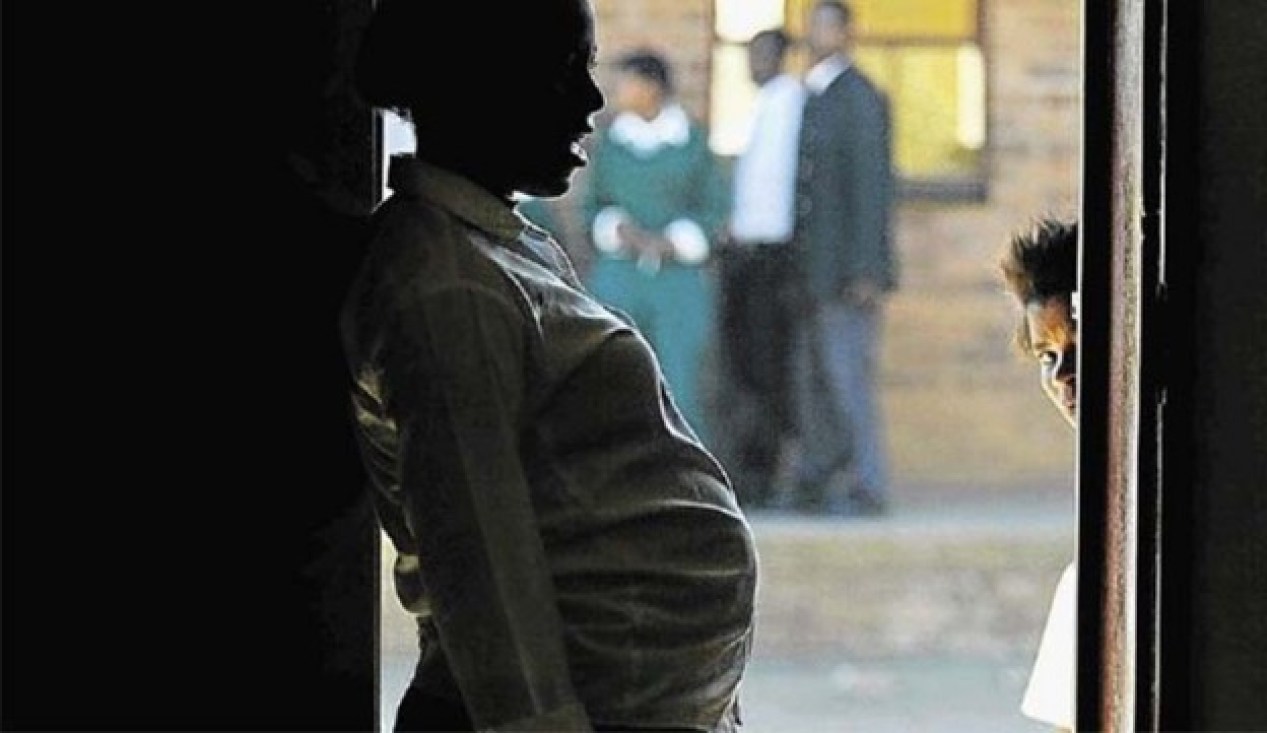THE government is fretting over an increase in the number of teenage pregnancies in the mining town of Zvishavane where 101 rural learners were affected during the 2021-2022 Covid-19 lockdown period
Speaking during a stakeholders meeting held at the district hospital on Monday, Zvishavane district Aids coordinator Dennis Jaravani called for collaboration between the Health and Education ministries to address the challenge which he said could fuel the spread of HIV and Aids..
“Zvishavane district is seized with teenage pregnancies and this was our key challenges during the period under review. We are now seeking to engage the ministry of Education to avert such problems in future. There is a need for the government and other stakeholders to seek solutions to address the challenges,” Jaravani said.
Breaking down the figures for rural schools, Jaravani said of the seven schools reviewed, the pregnancy ratings were in the region of 16 and above per learning institution.
“Mabasa Secondary school under Chief Masunda recorded the highest number with 23 school drop outs while Dambudzo secondary had 22 pregnancies recorded.
Chivizina High School had 20 teenage pregnancies, with Chenhunguru secondary recording 18 pregnant girls.
“While Rubweruchena School had 16, Ngomeyebani and Korogwe schools had 17 pregnancies each.
“The only urban school affected is Zvishavane High School which had two pregnancies. This shows how our rural learners are being affected compared to their urban counterparts,” said Jaravani.
Speaking during the same stakeholder meeting, Zimbabwe National Network for People Living with HIV focal person Tracy Manjengwa called on the government and stakeholders to intensify education of young girls on the effects of teenage sex, both on their health and education.
“Mostly these girls wrongly think having sex is proof that they love their partners. They need to be taught about the harmful effects of such behaviour,” Manjengwa said.
A recent report by Civil Society Organisations (CSOs) in the district revealed that at least 50 minor girls of the ages between 12 and 16 years were married off in Zvishavane and Mberengwa districts in a space of three months.


